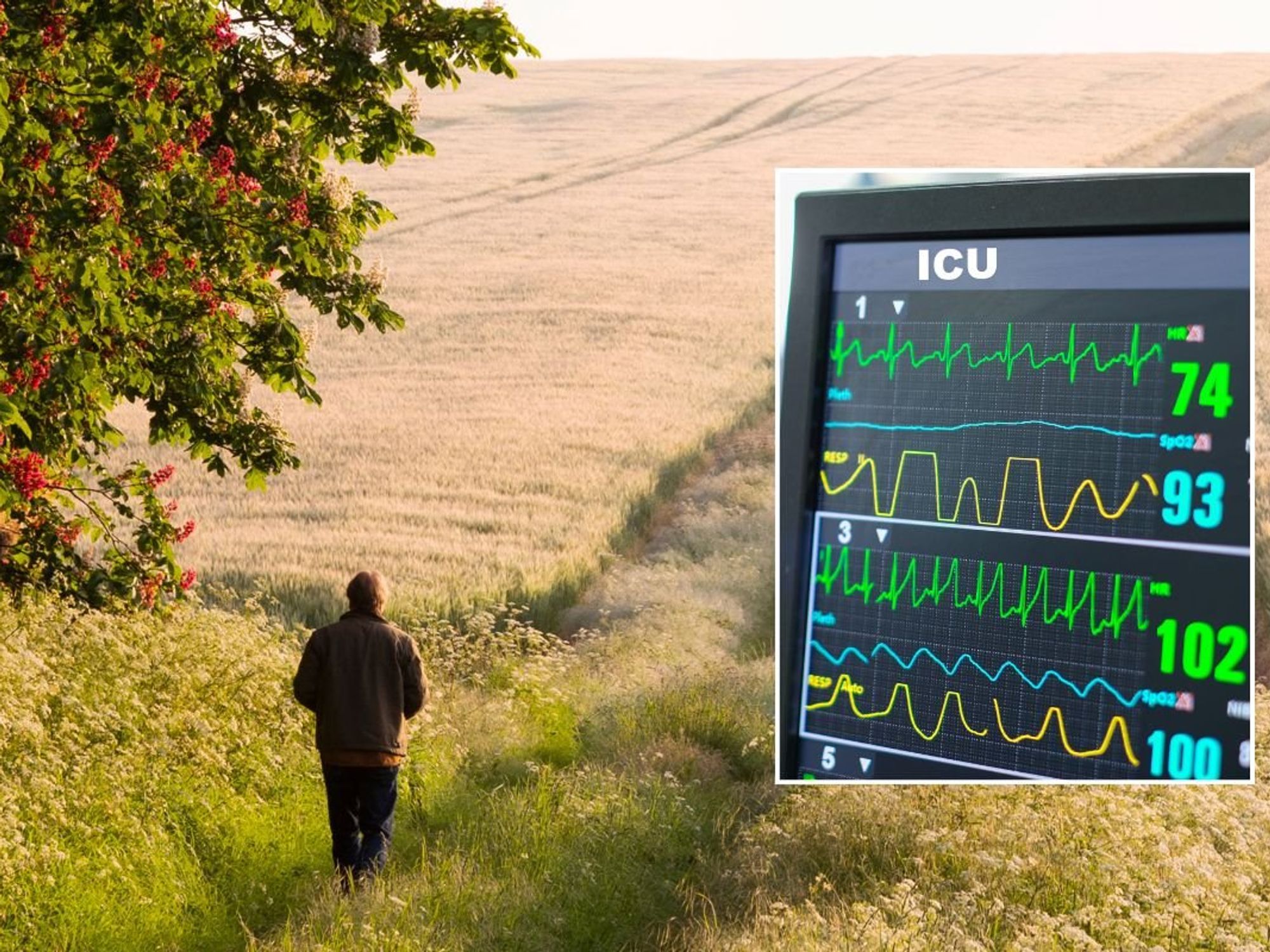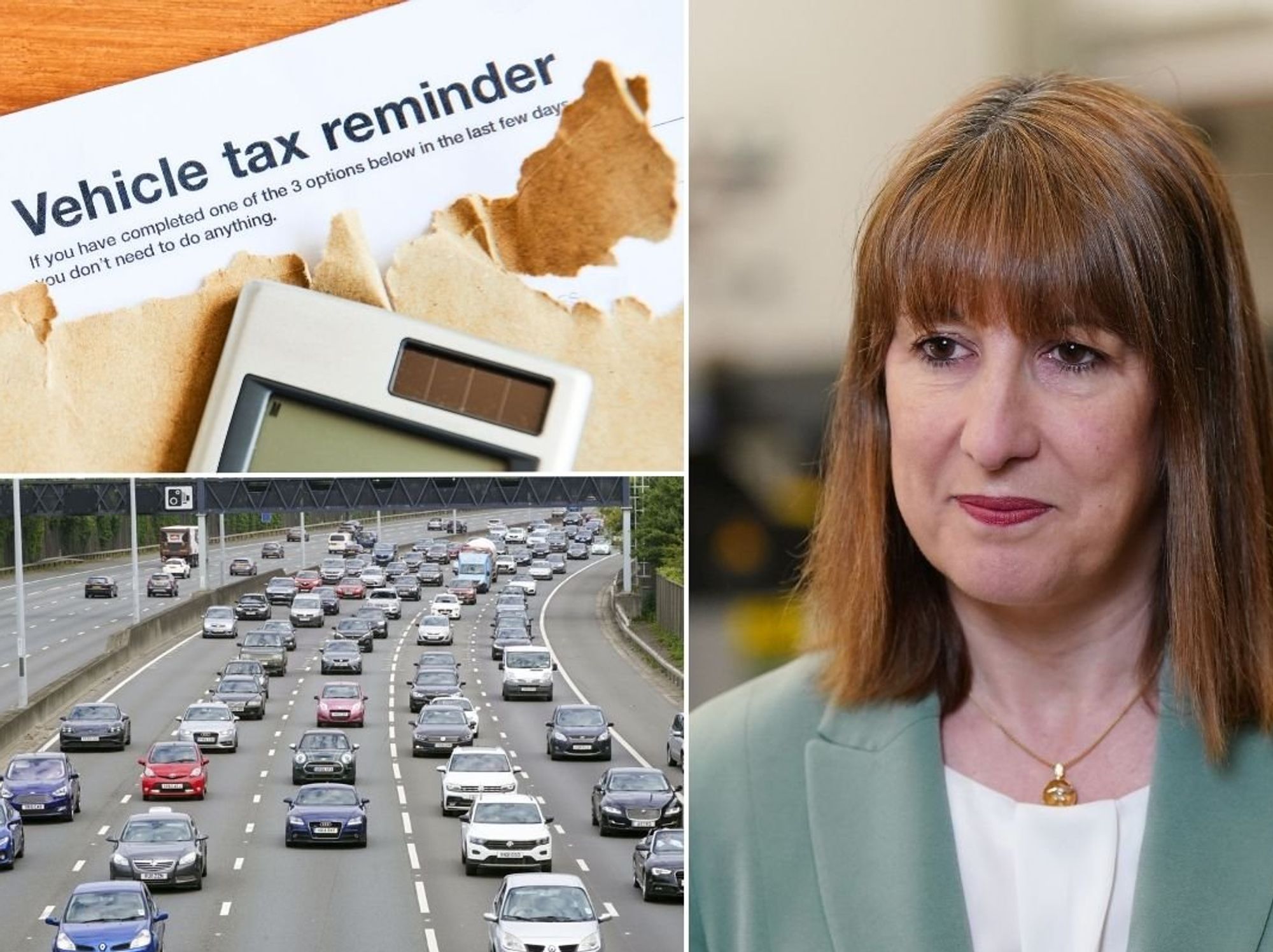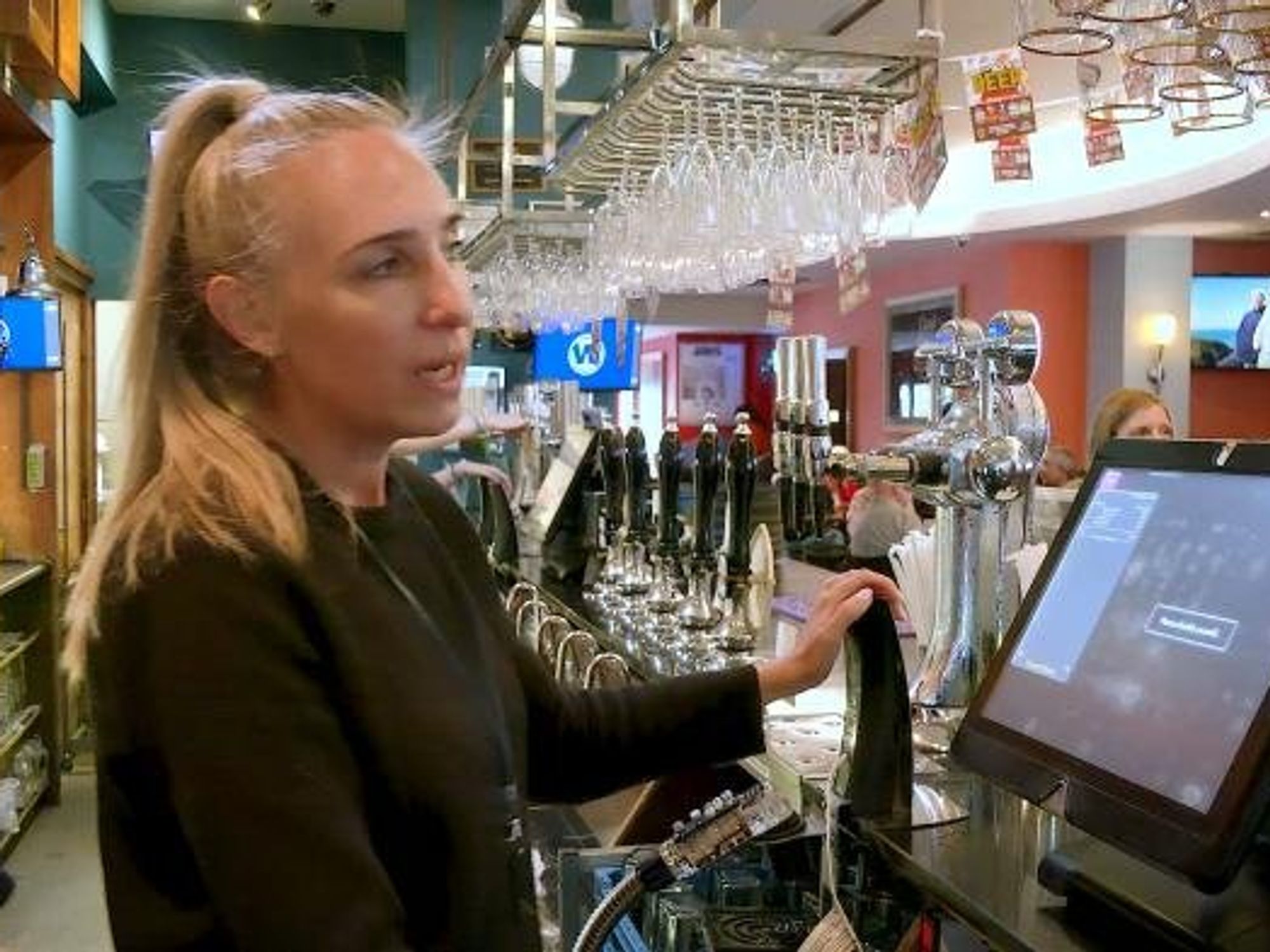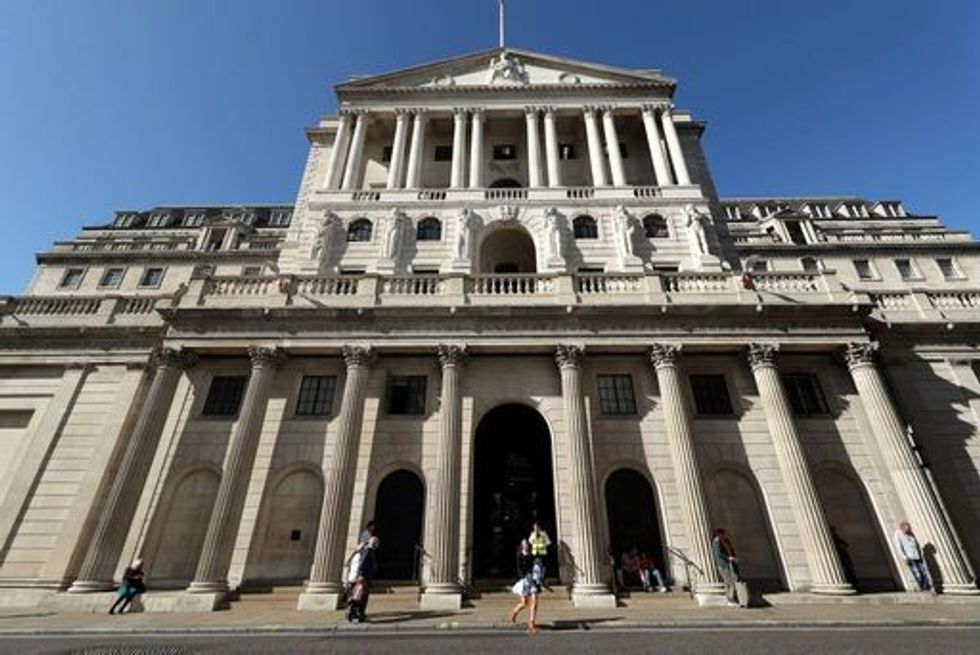Interest rates SOAR in highest increase since 1989 as Bank of England warns of 'long recession'
The Bank of England has raised interest rates to three percent from 2.25 percent
Don't Miss
Most Read
The Bank of England has raised interest rates to three percent from 2.25 percent, marking the biggest single increase since 1989.
The bank has said further interest rate hikes could be required to tame runaway inflation.
All but two members of the Monetary Policy Committee (MPC) voted to push up interest rates by 0.75 percentage points, from 2.25 percent to three percent, during a crunch meeting on Thursday.
One member of the nine-person MPC voted for a 0.5 percentage point increase, while another wanted a much softer 0.25 percentage point rise.
Bank of England
Yui Mok
But while further hikes could be necessary to pull inflation back to its two percent target, the peak rate will be lower than what financial markets currently expect, the Bank said.
While the UK could be facing the longest period of recession since reliable records began, the Bank of England warned.
The economy could fall into eight consecutive quarters of negative growth if current market expectations prove correct. It would be the longest period of uninterrupted decline that the nation has experienced for around a century.
However, it would be a milder recession than in previous times.
From its highest to lowest point, gross domestic product (GDP) is expected to drop 2.9 percent, a much smaller decrease than the 6.3 percent drop seen during the 2008 financial crisis.
All but two members of the Monetary Policy Committee voted to push up interest rates by 0.75 percentage points
Dominic Lipinski
The Bank also predicted inflation would peak at around 11 percent at the end of this year, while the unemployment rate could hit 6.4 percent by the end of 2025.
The pound fell after the Bank of England’s announcement.
Sterling dropped 1.4 percent to 1.123 against the US dollar and was 0.8 percent lower at 1.15 euros.
Responding to the interest rate rise, Chancellor Jeremy Hunt said: “Inflation is the enemy and is weighing heavily on families, pensioners and businesses across the country.
“That is why this Government’s number one priority is to grip inflation, and today the Bank has taken action in line with their objective to return inflation to target.
“Interest rates are rising across the world as countries manage rising prices largely driven by the Covid-19 pandemic and (Vladimir) Putin’s invasion of Ukraine.
“The most important thing the British government can do right now is to restore stability, sort out our public finances, and get debt falling so that interest rate rises are kept as low as possible.
“Sound money and a stable economy are the best ways to deliver lower mortgage rates, more jobs and long-term growth.
“However, there are no easy options and we will need to take difficult decisions on tax and spending to get there.”













